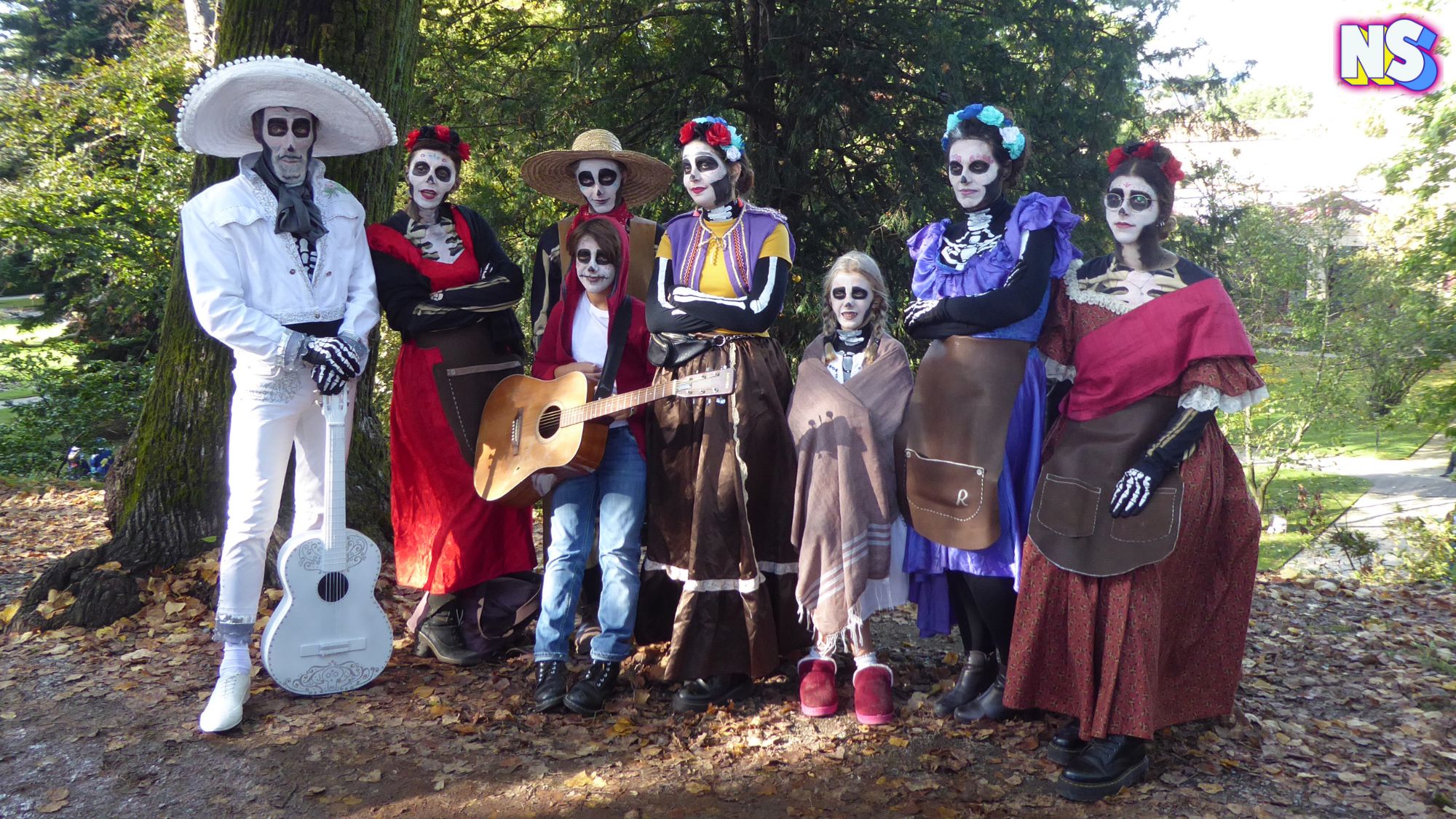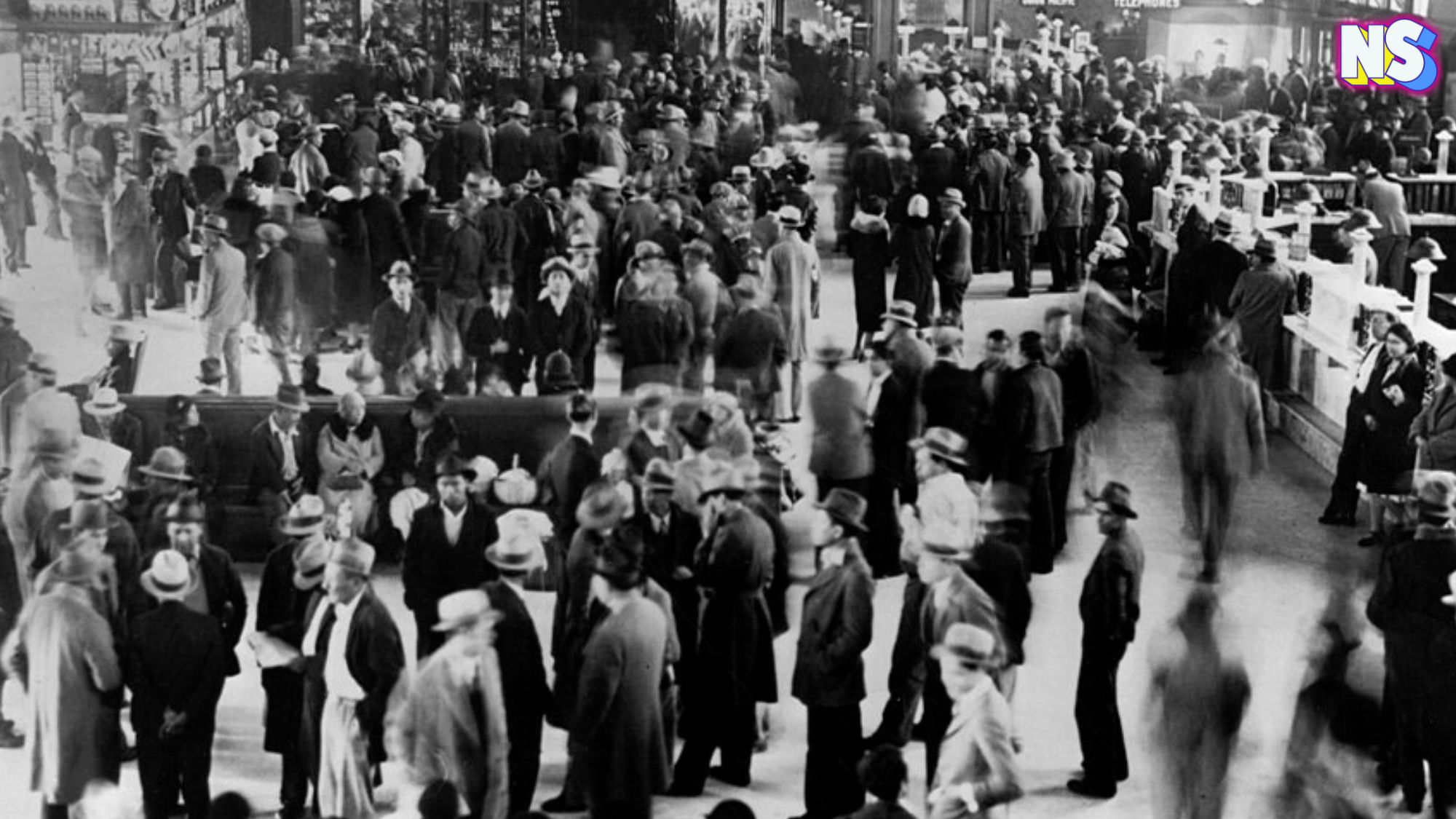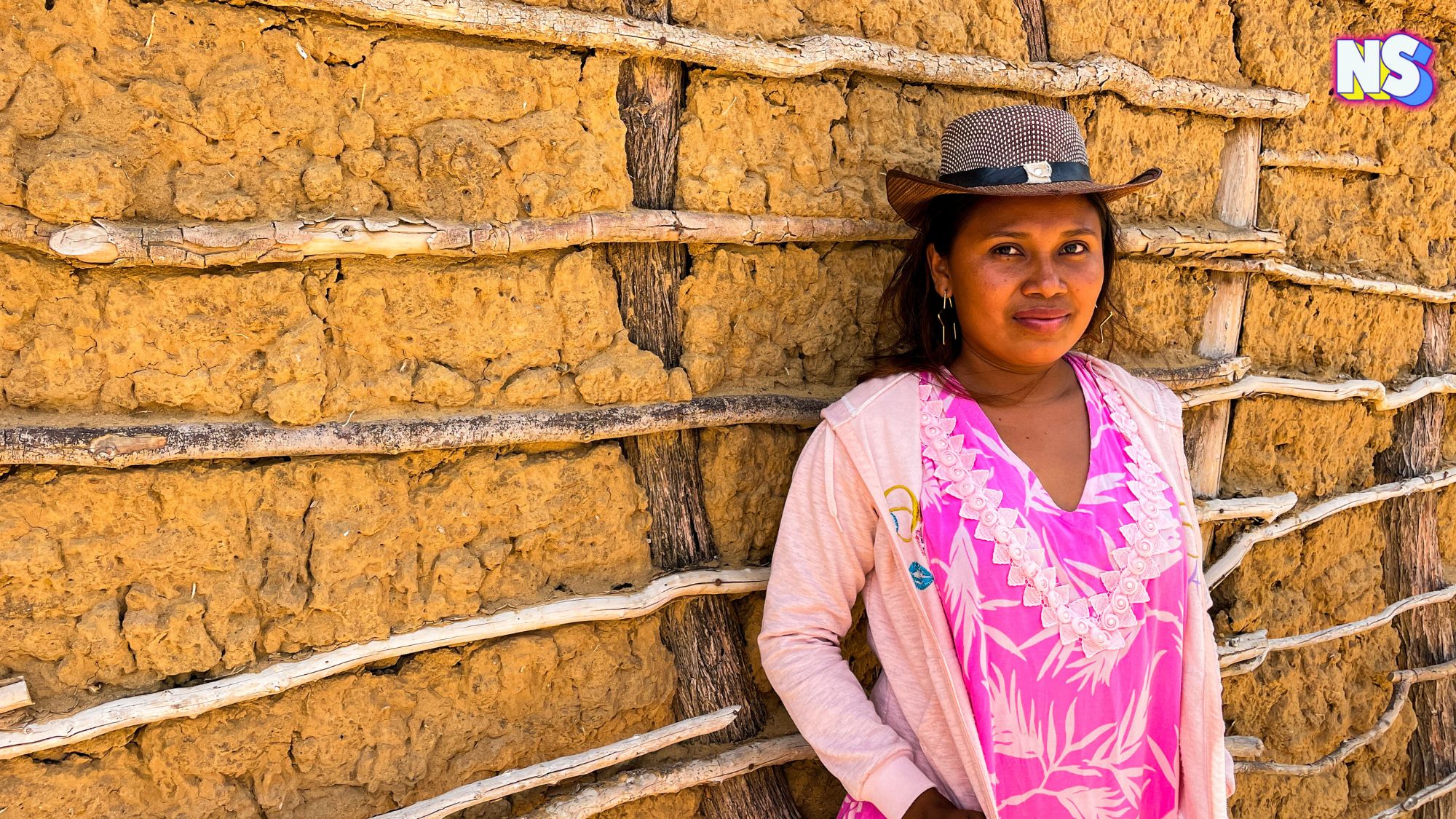The Venezuelan presidential election played out last night with the world watching. The incumbent president, and renowned dictator, Nicolás Maduro, claims victory, possibly securing a thrid term in office, amid allegations of electoral irregularities. Yet, his main political rival, Maria Corina Machado, who was not allowed to run in the election, claims that, in fact, opposition candidate Edmundo González won.
“After hours of delays and uncertainty, Elvis Amoroso, president of the National Electoral Council and a close Maduro ally, appeared before journalists shortly after midnight on Monday,” NPR reports. “He declared that Maduro had won with 51% compared to 44% for González, with 80% of the votes counted.
“However, opposition leader María Corina Machado insisted that González, a 74-year-old retired diplomat who took Machado’s place on the presidential ballot when the regime banned her from running, had won 70% of the vote compared to 30% for Maduro.”
These results were ratified and announced by Venezuela's National Electoral Council (CNE), but not without significant dispute. Opponents vow to keep fighting for Venezuela.
Maduro Claims Victory Amid Allegations
Dictator Maduro has been in power since 2013 following the death of the dictator Hugo Chávez. The election process was marred by reports of irregularities, including allegations of voter intimidation, manipulation of voter rolls, and restricted access to independent observers. Machado and her supporters have vehemently contested the results, accusing the CNE of bias and calling for a comprehensive international review. Machado, who has been a vocal critic of Maduro's government, vowed to continue her campaign for transparency and accountability.
International Reaction is Mixed
The international community has responded with a mixed reaction. The United States and several European nations have expressed concern over the integrity of the election, urging for an independent investigation into the allegations of fraud. In contrast, some Latin American countries, including Bolivia and Nicaragua, have congratulated Maduro on his victory, viewing it as a reaffirmation of sovereignty and resistance against external pressures.
Protests Arise at Home
Domestically, the reaction has been polarized. Supporters of Maduro celebrated the result as a triumph for the Bolivarian Revolution, lauding his administration's efforts to navigate the country's severe economic crisis and social challenges. Conversely, many Venezuelans, particularly those suffering under hyperinflation and shortages of basic goods, are disillusioned. Street protests erupted in several cities as opposition supporters decry the perceived manipulation of the electoral system.
Protestors took to the streets chanting “Libertad” and “Fraude.”
“This isn’t just,” one protestor told Reuters. “We wanted a free Venezuela. This was our last hope. And they destroyed it.”
The Path Ahead
Maduro's re-election could consolidate his grip on power, exacerbating the country's political divisions and economic woes. As of now, the path ahead remains uncertain as Venezuela continues to seek the truth about yesterday’s presidential election.
“The Venezuelans and the entire world know what happened,” González said.
Featured image courtesy of Deposit Photos.





